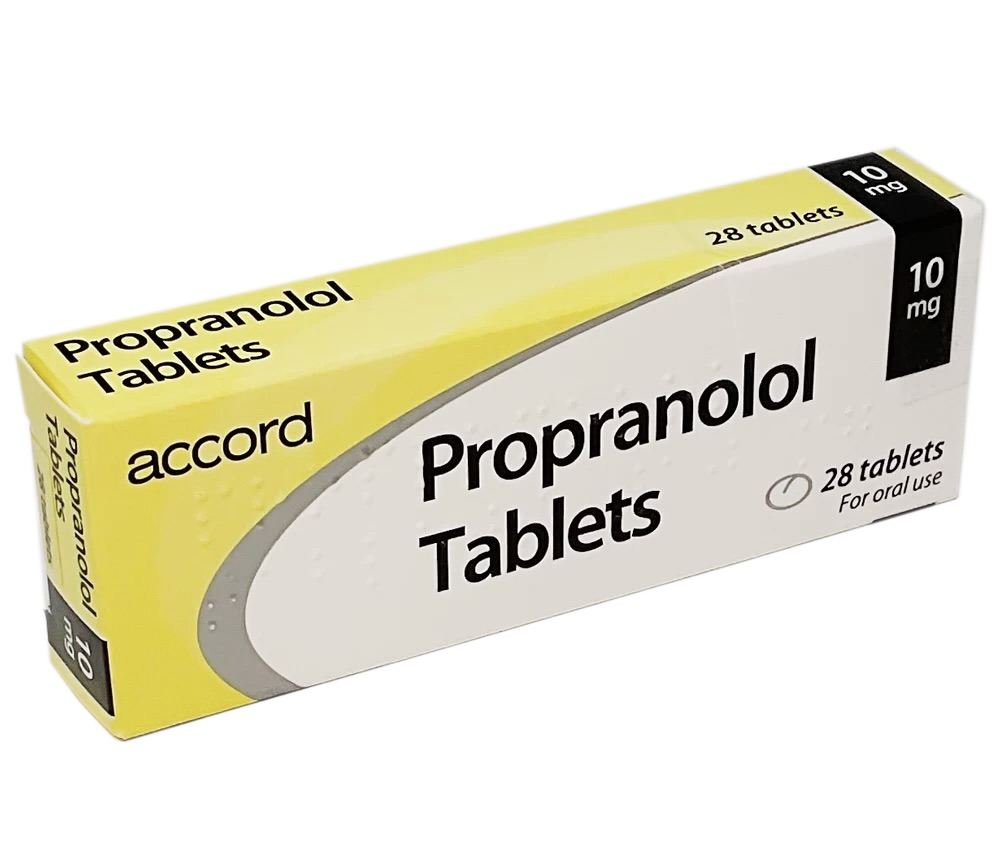Multiple Sclerosis (MS) Tremors: Symptoms, Causes, Treatment
What are the symptoms of multiple sclerosis tremors?
Tremors are a common symptom of multiple sclerosis (MS), a chronic disease that affects the central nervous system. Tremors associated with MS can vary in severity and may occur in different parts of the body. Some common symptoms of MS tremors include:
- Intention tremors: These tremors occur when a person is trying to perform a specific task, such as reaching for an object. Intention tremors are often more pronounced when the person is anxious or fatigued.
- Postural tremors: These tremors occur when a person is maintaining a certain posture, such as holding their arms outstretched. Postural tremors can be exacerbated by stress or fatigue.
- Resting tremors: These tremors occur when a person is at rest and can affect various parts of the body, such as the hands, legs, or head. Resting tremors are typically less pronounced than intention tremors.
- Titubation: This is a type of tremor that affects the head and neck, causing a “yes-yes” or “no-no” motion.
- Tremors in other parts of the body: In some cases, MS tremors can affect other parts of the body, such as the voice box (resulting in a shaky voice), the tongue, or the trunk.
It’s important to note that tremors can also be caused by other conditions or factors, so it’s important for individuals experiencing tremors to consult with a healthcare specialist for an accurate diagnosis and appropriate treatment.
What are the causes of multiple sclerosis tremors?
The exact cause of tremors in multiple sclerosis (MS) is not fully understood, but they are believed to be related to the damage that MS causes to the central nervous system. MS is an autoimmune disorder in which the body’s immune system mistakenly attacks the protective myelin sheath that covers nerve fibers in the brain and spinal cord. This damage disrupts the normal flow of nerve impulses, leading to a variety of symptoms, including tremors.
The specific mechanisms that lead to tremors in MS are complex and may involve damage to areas of the brain that control movement and coordination. The severity and type of tremors can vary depending on the location and extent of the damage in the central nervous system.
In addition to MS-related damage, other factors such as fatigue, stress, and medication side effects can also contribute to the development or worsening of tremors in individuals with MS. Managing these factors, along with appropriate treatment for MS, can help reduce the impact of tremors on daily life.
What is the treatment for multiple sclerosis tremors?
The treatment for tremors in multiple sclerosis (MS) focuses on managing the underlying disease and reducing the impact of tremors on daily life. Treatment options for MS tremors may include:
- Medications: Certain medications, such as beta-blockers (e.g., propranolol), anticonvulsants (e.g., gabapentin), or benzodiazepines (e.g., clonazepam), may be prescribed to help reduce tremors.
- Physical therapy: Physical therapy can help improve muscle strength, coordination, and balance, which may help reduce the severity of tremors and improve overall mobility.
- Occupational therapy: Occupational therapy can help individuals with MS learn techniques and strategies to manage daily tasks more effectively despite tremors.
- Assistive devices: Using assistive devices, such as weighted utensils, can make it easier to perform tasks that require fine motor skills, such as eating.
- Botulinum toxin injections: In some cases, botulinum toxin injections may be used to help reduce tremors in specific muscles.
- Deep brain stimulation (DBS): In severe cases of tremors that do not respond to other treatments, DBS may be considered. DBS involves implanting electrodes in the brain that deliver electrical impulses to help regulate abnormal brain activity.
It’s important for individuals with MS who are experiencing tremors to work closely with their healthcare team to develop a comprehensive treatment plan that addresses their specific needs and goals. Treatment for MS tremors is often tailored to the individual based on the type and severity of tremors, as well as other factors such as overall health and lifestyle.




